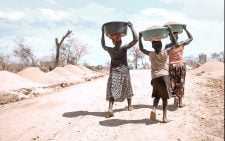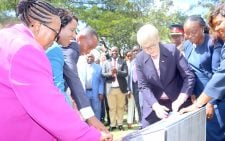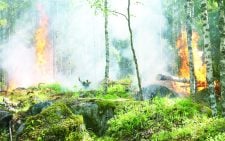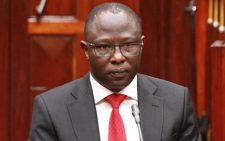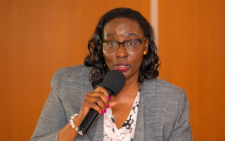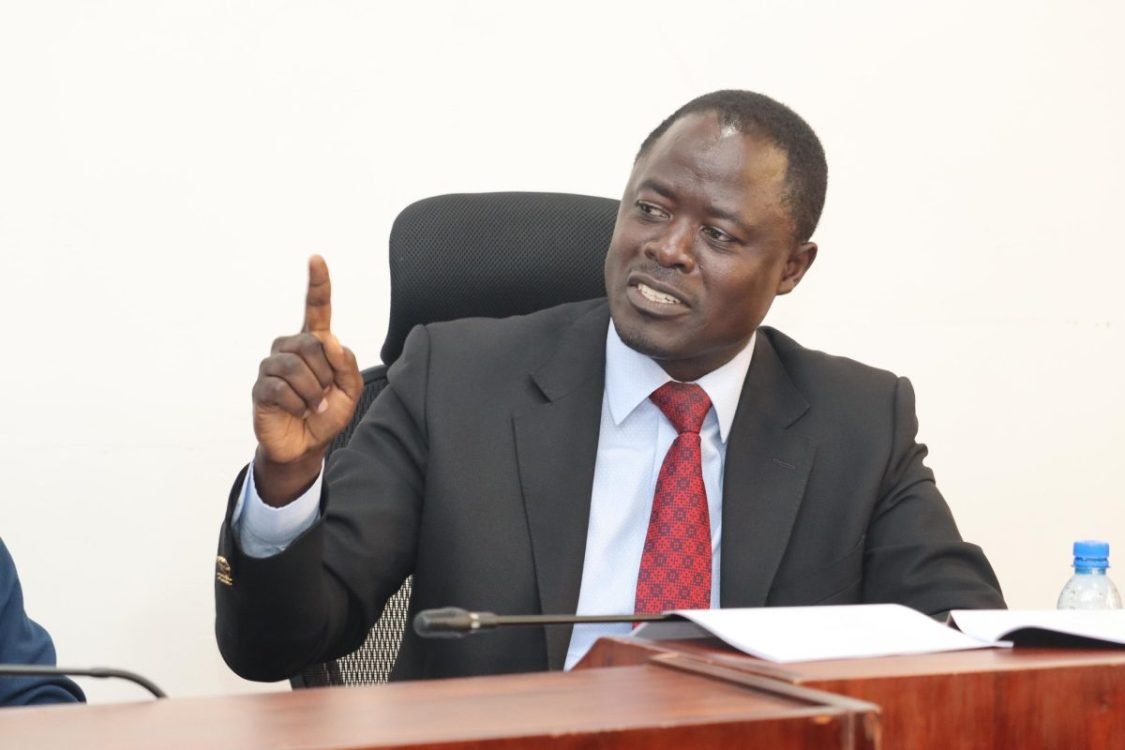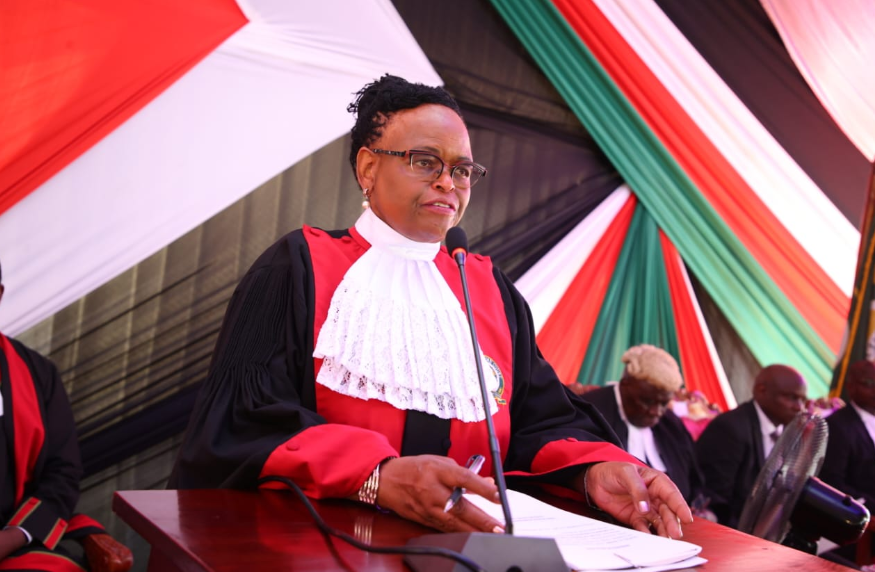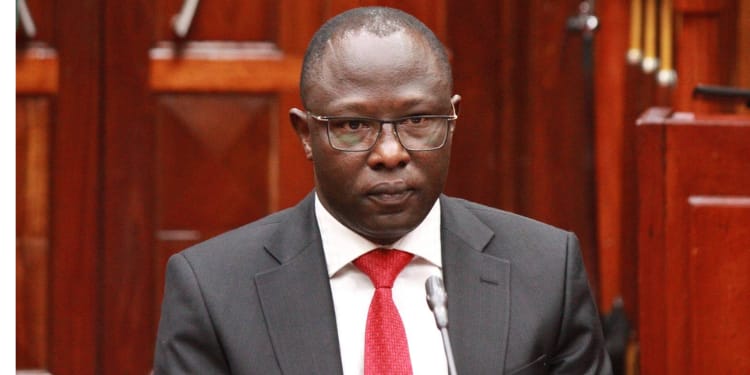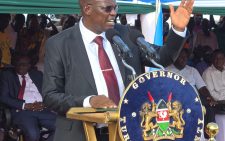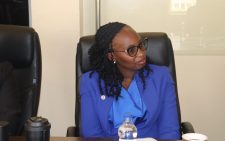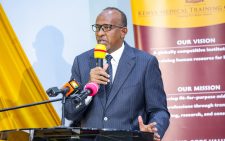Major global forum on forests seeks climate crisis solutions
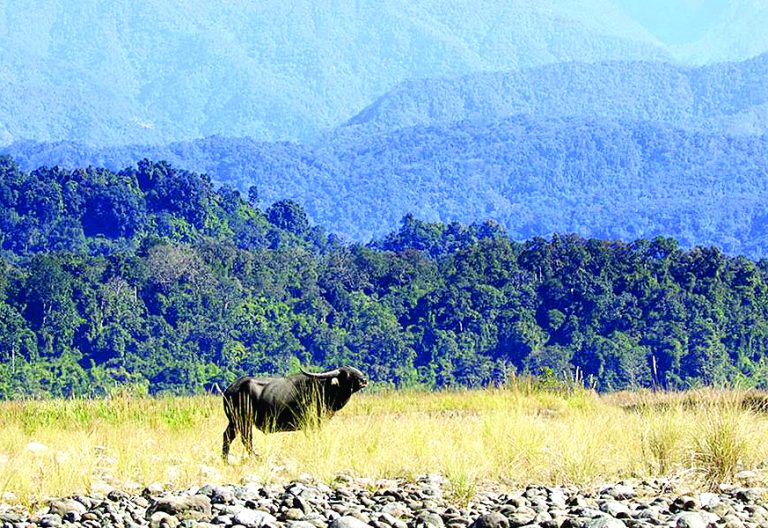
A critical meeting on forests opens today to discuss whether these vital ecosystems will survive in a warming world, or supercharge the climate crisis as they die.
The two-day Global Landscapes Forum (GLF) in Bonn, Germany, is considered the biggest event on forests in 2025, involving 2,000 experts, scientists, practitioners, policymakers and grassroots leaders, including the youth from around the world.
Participants will seek to lay the foundations for a resilient, productive and just future for forests, building on 30 years of the Nairobi-headquartered Centre for International Forestry Research and World Agroforestry (CIFOR-ICRAF) research and findings.
This year, Brazil will host the United Nations Climate Change Conference (COP30) in the heart of the mighty Amazon Forest, highlighting one of the world’s most important tropical environments- a biodiversity hotspot and globally important carbon sink.
But the world’s forests are increasingly under threat – both from deforestation and from the climate crisis itself. The Amazon Forest is on the brink of a tipping point.
The next decade will be crucial for our forests, says the GLF 2025 organisers and in the invitation to the opening of the forum, as they ask participants to come up with solid recommendations on what is needed to save forests before it’s too late.
“Following last year’s COP29 in Azerbaijan, join us on the road from Baku to Belém to lay the foundations for a resilient, productive and just future for forests,” said the organisers, adding that the one of the themes of the forum will be ‘The Living Forest: Food, Forests and The Future of Community-Driven Restoration’.
The opening plenary of the GLF 2025 will discuss what’s at stake for forests, people and the planet.
The session will be moderated by Food and Agriculture Organisation (FAO) Director of Forestry Division Zhimin Wu, who is also the chairperson of the Collaborative Partnership on Forests, with an extensive background in forestry.
CIFOR-ICRAF team leader, climate change, energy and low-carbon development, Dr Beria Leimon, will guide experts in exploring how to align global goals with local solutions for effective, sustainable forest management and restoration.
Dr Leimona’s 20-year expertise in climate and sustainable finance spans payment for ecosystem services, voluntary carbon markets and sustainable commodity investment in the forest, agriculture and agroforestry sectors. She leads research-for-development projects, fosters global networks, and drives resource mobilisation for climate mitigation and adaptation initiatives.
Passionate protectors
Dr Leimona focuses on inclusive financing, gender-responsive community-based natural resource management, public-private partnerships and sustainability standards.
Her work promotes climate resilience, enhances livelihoods and supports jurisdictional approaches to sustainable landscape management.
After this session on what’s at stake for forests, people and the planet, discussions will turn to learning from reduced emissions from deforestation and forest degradation (REDD+) for the next decade of forest action, policy and financing.
This session will explore key lessons learned from a decade of REDD+ implementation to inform the next phase of forest action, policy and financing.
A new CIFOR-ICRAF study has established that REDD+ projects promise to deliver performance-based, cost-effective climate change mitigation.
The GLF 2025 World Tour focuses on Africa participants will hear from passionate stewards working to restore and protect forests.
Anna Obi Akpe is a biodiversity conservationist from Nigeria and a participant at the We The People’s Rights Academy, where she is being mentored as a young ecological and human rights activist.
She is deeply committed to restoring the environment and believes that a sustainable future is possible if everyone takes action to protect and preserve the earth.
Another Nigerian conservationist, Emem Umoh, is the founder and director of Women in Conservation (WINCO).
Through WINCO and her various leadership roles, Emem continues to drive conservation efforts, advocate for environmental sustainability and inspire women in the field.
Her impactful work includes a commendable two -year mangrove restoration project recognised for its success in challenging conditions.
Ugandan activist Ngobi Joel focuses on climate, education and rural development, leads several environmental initiatives, including the Green Wipe Initiative, which educates and empowers girls to create eco-friendly wipes, and the Sustain Bin Project, which focuses on waste management and fertiliser production.
His School Forest Initiative mobilises schools and communities to establish food forests, promoting biodiversity, environmental awareness and providing fruit for children and communities, combining education, sustainability and community development to drive positive change in Uganda.
Freddy M. Bisetsa, co-founder and director of Women Concern and coordinator of GLFx in Kivu, in the conflict-torn Democratic Republic of the Congo, focuses on landscape management and eco-preneurship, empowering women while promoting sustainable land use and ecosystem restoration.
Through community-based initiatives, Bisetsa fosters local ownership, driving poverty alleviation and economic resilience.
He has worked across the Great Lakes region, integrating gender equity, peacebuilding and environmental sustainability and is recognised for his grassroots-driven impact in environmental and social transformation.
In the global business cases and European Union (EU) regulations for a forest-based bioeconomy, participants at GLF 2025 will learn about the EU Deforestation Regulation (EUDR) and its implications for businesses in Latin America, Africa and Asia.
CIFOR-ICRAF senior advisor, climate change, energy and low-emission development, Christopher Martius, who will make a presentation at the session, has conducted the flagship programme on climate change mitigation and adaptation at the Consortium of Agricultural Research Centres (CGIAR) research programme on Forests, Trees and Agroforestry (FTA).
Building resilience
Martius has published 210 scientific articles on climate change, forestry, tropical ecology, sol ecology, and agriculture in scientific journals, co-edited eight scientific books, and co-authored over 120 policy briefs and communications to the public.
GLF 2025 will also discuss how forests can build social and economic resilience. In a world facing rapid and unpredictable changes due to the climate and biodiversity crises, resilience has become a crucial policy focus.
Forests and trees contribute significantly to social and economic resilience by providing emergency safety nets, employment, income, essential products, protection against extreme weather and spaces for physical and mental well-being.
Findings from a global scientific assessment on forests for social and economic resilience will be presented by the International Union of Forest Research Organisations (IUFRO) in the frame of the Collaborative Partnership of Forests (CPF)’s Global Forest Experts Panels initiative.
The forum will also discuss the future of natural and managed wetlands, which, including peatlands and mangroves, occupy 3 per cent of the Earth’s surface but contain more than 30 per cent of global soil carbon.
However, they are currently under extensive pressure from economic development.
Multi-stakeholders’ actions in the next decade are needed to sustain the future of these unique and yet vulnerable ecosystems.
Failure to address mounting threats to wetlands will jeopardise critical climate targets and exacerbate biodiversity loss.
In the Forests Beyond Trees session, experts will explore the sustainable, equitable and safe use of wild species in forests, which are a key nature-based solution to climate change and biodiversity loss, but their ability to thrive depends on sustainable management, informed by both science and traditional knowledge.
Partnerships and initiatives from the International Model Forest Network (IMFN) and beyond will reimagine the future of forests in a rapidly changing environment.
